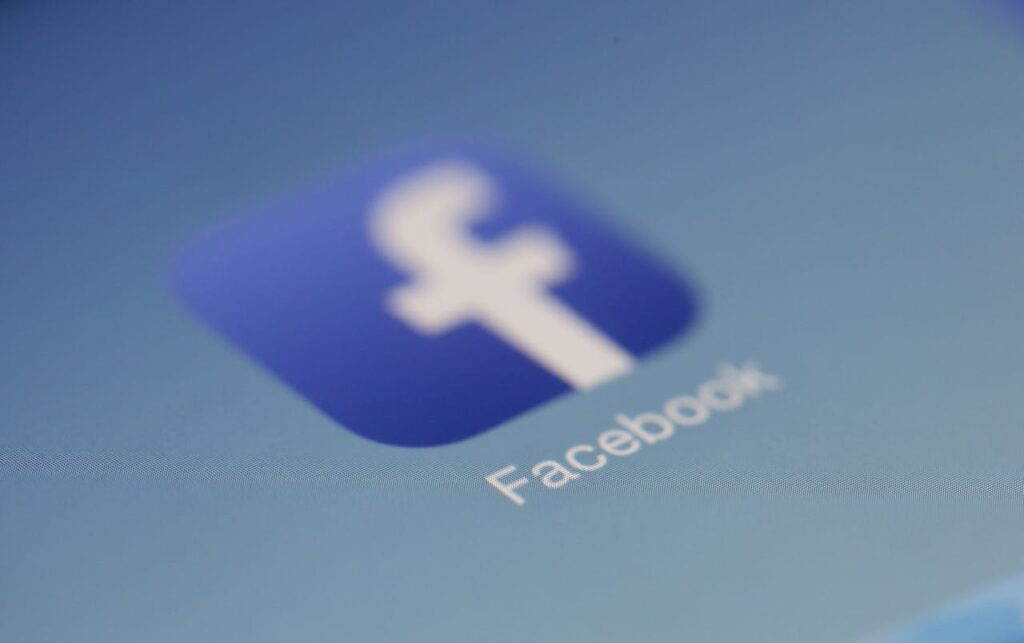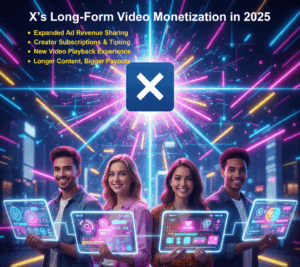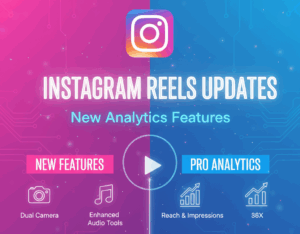A Significant Decrease in the Use of Facebook Among Younger Generations

A Significant Decrease in the Use of Facebook Among Younger Generations
Facebook retained its position as the unrivaled leader in the field of social networking for more than a decade. Friendships were forged, events were organized, and life updates were sent to the whole globe via the digital area that was designated for these purposes. Nevertheless, in the year 2025, the platform that once exemplified online connection is confronted with a severe reality: younger generations are abandoning Facebook altogether or never joining it at all. The decrease is not a sudden occurrence; rather, it is the consequence of changing user habits, societal developments, and the advent of rival platforms that are more in tune with contemporary digital lives.
1. What Facebook Did to Define an Era in the Past
At the tail end of the 2000s and the beginning of the 2010s, Facebook was the social hub of the digital culture. It was a venue that merged immediate conversation, instant messaging, photographs, and personal profiles into a one addicting environment. When it came to Millennials and older members of Generation Z, Facebook was almost synonymous with the internet! However, in a society that places a premium on speed, inventiveness, and secrecy, the same aspects that made it so strong have suddenly become obsolete.
2. Members of Generation Z and Generation Alpha are avoiding Facebook.
Facebook accounts are still maintained by Millennials, but Gen Z and the incoming generation of Alpha, Gen Alpha, exhibit minimal interest in the platform. TikTok, Instagram, and Snapchat are often the platforms on which these younger individuals begin their adventure on social media. They get the impression that Facebook is out of date, cluttered, and too formal; to them, it is a site where interactions are dominated by parents and relatives rather than by friends.
3. Competition from platforms that specialise on short-form video
As a result of TikTok, Instagram Reels, and YouTube Shorts, the way in which younger people consume media has been transformed. By being brief, amusing, and driven by algorithms, the feed is able to attract attention in a manner that Facebook’s news feed is unable to. In contrast to the text-heavy status updates and picture albums that historically characterized Facebook’s culture, younger generations want to express stories via imagery in a short amount of time.
4. The Issue of overcrowding caused by audiences of a more senior age
One of the reasons for the drop in Facebook’s popularity among younger generations is the widespread use of the platform by older generations. What was previously a place for peers is now occupied by others, including parents, grandparents, and even connections from the business world. This gives members of Generation Z the impression that they are being watched online and takes away their ability to express themselves in a genuine manner.
5. Concerns Regarding Privacy and a Lack of Trust
Concerning data privacy, user monitoring, and the dissemination of false information, Facebook has been the subject of several disputes. The platform is often mistrusted by younger consumers, who are more familiar with modern technology. When contrasted with more recent applications that place an emphasis on ephemerality (such as Snapchat) or communities that are more intimate (such as Discord), the concept of revealing personal information on Facebook seems to be dangerous.
6. Make the transition to prioritize visual communication
Early on, Facebook was primarily a medium for text and picture sharing. Short movies, memes, filters, and storytelling are examples of the kind of visual-first interactions that young people enjoy nowadays. Despite the fact that Facebook has made an effort to include Reels and video content, the platform is still seen to be playing catch-up rather than being at the forefront of innovation.
7. The Increasing Popularity of Community and Niche Platforms
These days, the most common ways for younger people to construct digital communities are via the use of private group chats, Reddit forums, and discussion boards. In comparison to Facebook’s extensive and algorithmically controlled news feed, these services have a more genuine and interest-driven vibe to them. Smaller, more purpose-driven digital places are seen as more satisfying by members of Generation Z than the large and impersonal atmosphere of Facebook platform.
8. The Culture of Brands and Influencers Is Moving Everywhere Else
Creators and influencers have a significant impact on the preferences of younger customers. The platforms TikTok, Instagram, and YouTube have emerged as the most prominent homes for this culture because they provide superior capabilities for cooperation, revenue, and engagement activities. As a consequence of this, manufacturers and content producers no longer consider Facebook to be the platform of choice for addressing younger people.
9. Importance of Being Culturally Relevant
The cultural impression of Facebook is perhaps the most significant cause in the company’s collapse. Facebook is seen by younger people as “an app for older generations,” which means that it is great for information about family, reminders about events, and community organizations, but it is not a place where innovation or trendsetting may take place. Platforms like as TikTok, on the other hand, are the places where digital culture, memes, and viral moments first emerge.
10. The Struggle That Meta Is Having to Rebrand Facebook
Instagram, WhatsApp, and the creation of the metaverse have caught the attention of Meta, the parent corporation of Facebook, which has moved a significant portion of its focus. This demonstrates that even Meta is aware of the diminishing importance of Facebook among young people who use it. Facebook’s image among younger users continues to deteriorate year after year, despite the fact that the platform continues to be enormous on a worldwide scale, particularly in developing economies.
11. What Facebook Still Provides to Its Users
Even if it is experiencing a slump, Facebook is not going away. The planning of events, members of local community organizations, and sales at marketplaces continue to be successful for it. For those of a more senior age, it continues to be the principal means of maintaining connections. However, these attributes do not connect with younger audiences, who place a higher value on innovation, quickness, and customization than they do on classic elements of social networking.
12. The Prospects for Facebook among the Younger Generation
By the year 2025, it seems that the future of Facebook among younger generations is doubtful. In the absence of the platform’s ability to reinvent itself in ways that are genuine to members of Generation Z and Generation Alpha, its function will continue to be restricted to older generations. Facebook may transition from being a universal hub to being a utility platform, which means that it will continue to be significant but will no longer be the cultural leader.
The collapse of Facebook among younger generations is not the result of a platform that has failed; rather, it is a natural progression of the culture of digital technology. Like MySpace, Facebook, Instagram, and now TikTok, each period of social media has its own area that defines it more than the others. It is clear that Facebook is no longer relevant for members of Generation Z and beyond.
One thing is certain, despite the ongoing changes in the digital landscape: younger viewers will always be drawn to platforms that provide quickness, authenticity, and originality. Facebook is having a hard time embodying these traits in the year 2025.







